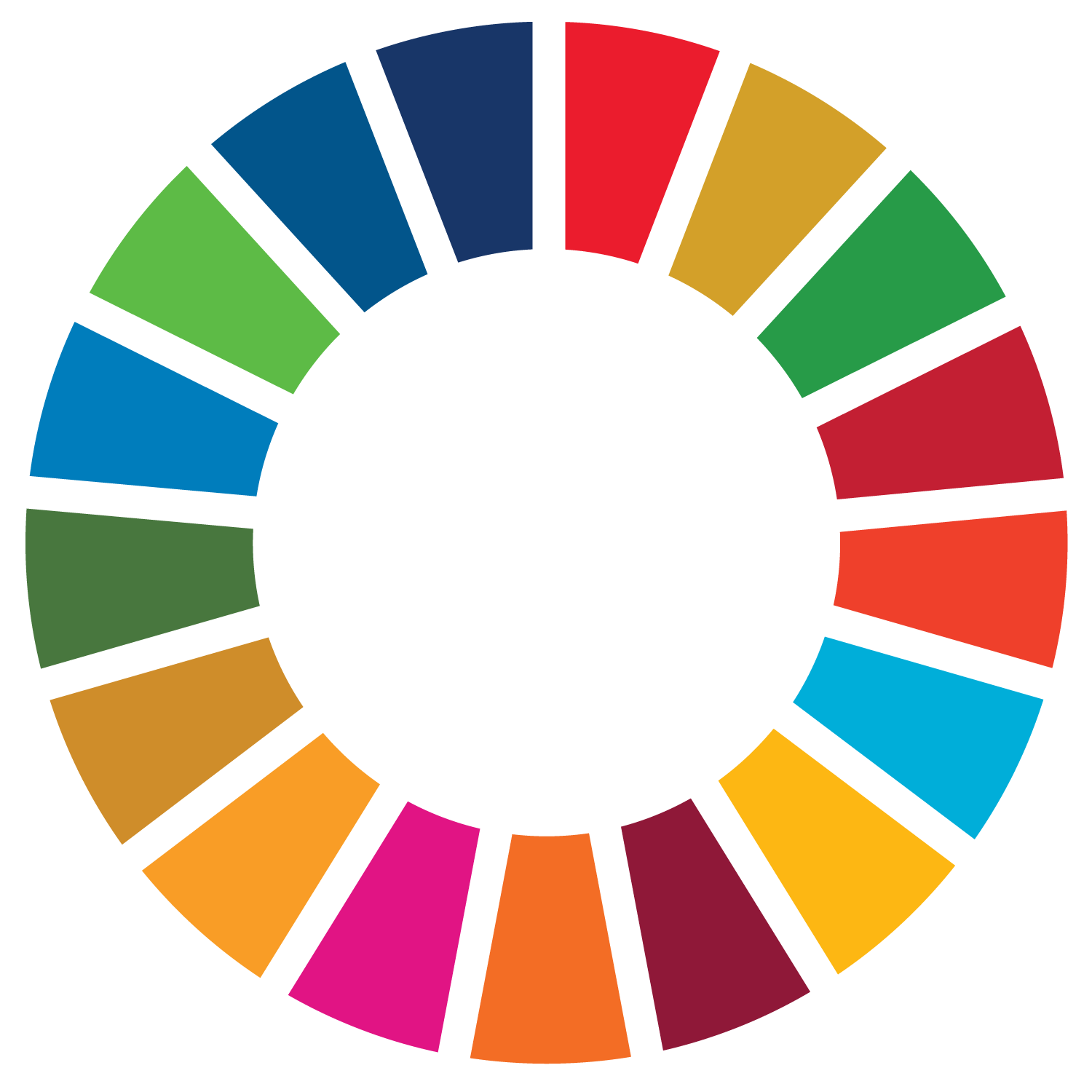Photo: Plastic pollution and juvenile fish , 2021 © Naja Bertolt Jensen
Rivers are a major source of plastic pollution in the world’s oceans with an estimated 70-80 percent of marine plastic originating on land. Research finds that most of this plastic comes from 1,000 rivers, indicating that interventions in rivers are fundamental to address marine plastic pollution. Understanding, monitoring, and forecasting river plastic flows can help identify where the problem is, where it originates and how best to intervene.
The operational Global Partnership on Marine Litter (GPML) risk and warning system for macroplastic litter in rivers has been developed by UNEP-DHI in collaboration with the UNEP Freshwater Ecosystems Unit and GPML.
The early warning system builds upon a state-of-the-art global hydrological forecasting model developed by DHI. Estimates of plastic waste reaching the environment, which serve as model inputs, are provided by leading research organizations in the field, including the University of Leeds and UN-Habitat. Field site data on plastic load are provided by The Ocean Cleanup. The GPML risk and warning system for macroplastic litter in rivers includes all major river systems in the world. Simulations are produced for over 870,000 points. The data can be accessed through the GPML Data Hub and additional insights on the data are provided at UNEP GPML Warning for plastic litter in rivers . Plastic load in rivers can be visualized in tons/day or relative to the average load at the point.
Lack of data is one of the major challenges when trying to address the plastic litter problem. The GPML early warning system can help map where the problem is and how it is changing in the upcoming 9 months. Using the forecasts, one can identify upcoming freshwater hotspots and accumulation points. This information can support local authorities and NGOs in planning and prioritizing interventions and monitoring activities.
For more information please contact Nicola Balbarini, Water Resources Engineer at the UNEP-DHI Center via NIBA@dhigroup.co
Share this post
UNEP-DHI Centre on Water and Environment
Agern Allé 5, 2970 Denmark
Tel: +45 45169200

